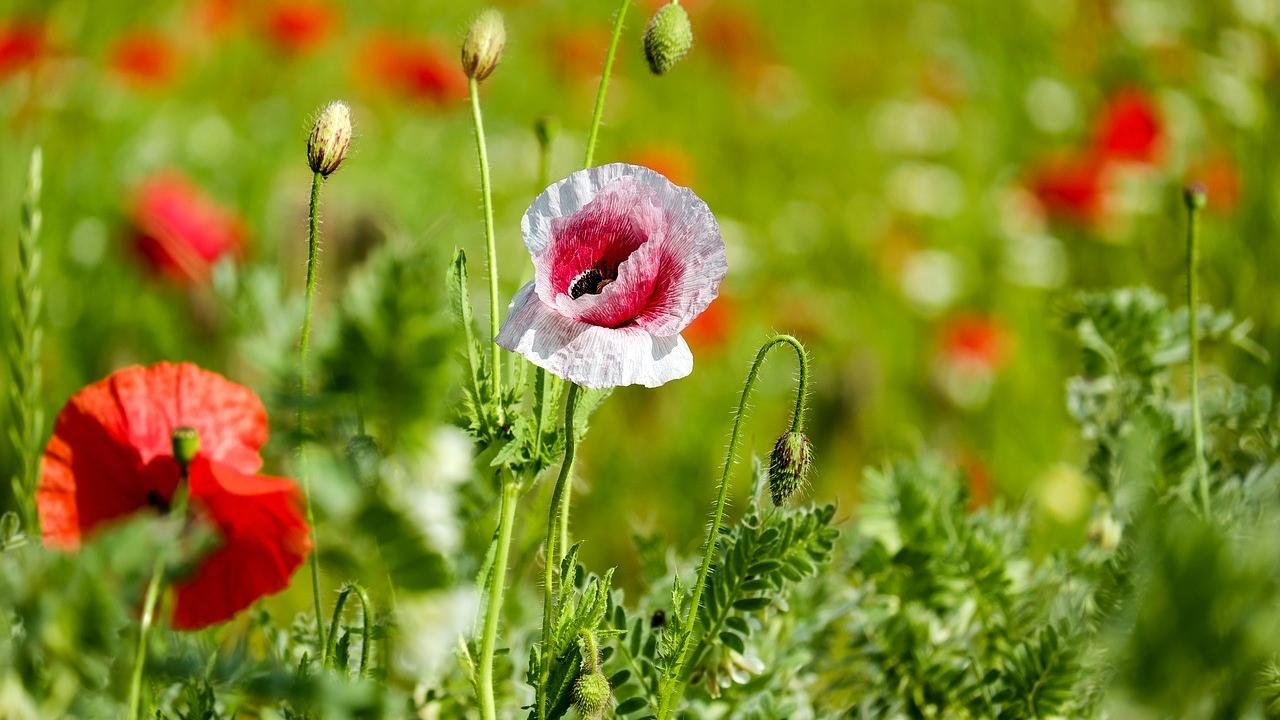Blog
Remember the promise you made during the crisis?(DW#752)

So when they ride in the ships they call upon Allah, being sincerely obedient to Him, but when He brings them safe to the land, lo! they associate others (with Him)[Holy Quran 29:65]
This is such an interesting verse and especially relevant during this time.
Have you ever been on an airplane during severe turbulence? Did you look around and noticed how quiet everyone became? Or perhaps you were too busy praying yourself to even notice what others were doing? Silently praying and perhaps promising God about how you will turn your life around and be faithful to your values only if you are given a second chance at life?
This is the human tendency that the above verse refers to. Human beings instinctively call upon the Creator when the going gets tough. They turn to Him when others fail them, when the crisis seems far too big and we begin to realize that only Divi...
Prepare for the test(DW#751 )

In verses 2 and 3, Allah says:
Do men think that they will be left alone on saying, we believe, and not be tried?
These verses are informing us about a fact of life: there will always be challenges to face and obstacles to overcome. In other words, we should not be surprised when we encounter challenges and upsets to our comfort and ease.
What is the purpose of these trials?
It is interesting that the word for trial or test in Arabic is fitna, one of the meanings of which is "to melt gold in order to separate its impure parts". Just like the true beauty and strength of gold is revealed once it is put in the furnace, our strength and resilience as human beings is revealed when we face adversity and obstacles.
Since our journey on this earth is to discover and live up to our true potential, obst...
Do yourself a favour(DW#750 )

In verse 7 of Chapter 17 [Sura Bani Israel/Isra], Allah lays out a foundational principle of the way He has created the universe. Whether we do good or evil, the effect of our actions impact us more than they impact anyone else. This is true on this plane of existence as well as the hereafter.
Firstly, this verse acknowledges freedom of choice for human beings. While we have been guided, internally and externally, the choice of action remains ours. We choose, every moment of our lives, whether to take the path towards our wellbeing and His pleasure, or against ourselves and away from His pleasure. (can you see how both are connected?)
So, even when we think we are doing others a favour by doing an act of kindness for them, or harming someone by criticizing them, being mean spirited, gossiping, betraying them, lying to them or any other act, this verse is remindi...
Find joy in it(DW#749 )

Today’s verse is the one following that where it says: In that they should rejoice; it is better than that which they gather.[Sura Yunus, Chapter 10:58]
Heed the reminder(DW#748 )

Do not forsake the Book(DW#747 )

Gratitude keeps things fresh (DW#626)

Human beings are remarkably adaptable creatures. When something bad happens to us, after a while, we tend to get used to the new state of affairs and our happiness goes back to what it was before the negative occurrence.
This is good news, right?
This same tendency of adaptability can work against us when good things happen to us. When our circumstances change for the better – when we start earning more money, find a new love, buy a new car, recover from illness – we experience a boost in happiness and contentment. This boost in happiness though, is short lived. When the novelty or "newness" of this good fortune wears off, we get used to it and we get back to the same level of happiness (or unhappiness) that we were at before the good fortune.
Psychologists call this phenomenon hedonic adaptation. The dictionary defines hedonistic adaptation as the observed tendency of humans to quickly return to a relatively stable level of happiness (or unhappiness) despite major positive or negat...
Don’t say good bye (DW#615)

O mankind! There hath come to you an admonition from your Lord and a healing for what is in your hearts. [Quran 10:58]
As we end the Holy Month of Ramadan with the festivities of Eid, let us pause for a minute and remind ourselves that the passing of the Holy Month does mean that our relationship with the Quran has to be put on hold until next year.
In the above verse from Sura Yunus, Allah reminds us that this Book has something that we human beings need: It has timeless wisdom to help us navigate the challenges of modern life by reminding us of the eternal principles of virtue in the quest of peace and happiness. For those who are receptive to its guidance, the Quran is a cure for various ailments of our hearts, including ignorance, doubt, hypocrisy, rancor, hatred, enmity, grief and despair. The book is a mercy as it helps one acquire virtue and perfection of character and adorns one with wisdom and knowledge.
So let us take the spiritual energies of this great Book of Wisdom alo...
The five principles of healthy discussion (DW#614)

Let’s remind ourselves of the principles of healthy discussion and debate from the Quran which we have been exploring over the last few days
1) Use respect and compassion during conflict
and dispute with them in a manner that is best [Quran16:125].
2) Appeal to reason
Has man not seen that We created him from a drop, and behold, he is a manifest adversary?
And he has set forth for Us a parable and forgotten his own creation, saying, "Who revives these bones, decayed as they are?"
Say, "He will revive them Who brought them forth the first time, and He knows every creation [Quran 36:77-79]
3) Do not offend
Do not revile those whom they call upon besides Allah, lest they should revile God out of enmity, ignorance. [Quran 6:109]
4) Present a balanced perspective.
they ask you about wine and gambling. Say, ‘There is a great sin in both of them, and some profits for the people, but their sinfulness outweighs their profit’ [Quran 2:219].
5) Respond rather than react
Repel [evil] with what is b...
Respond rather than react (DW#613)

Despite our best intentions, things can get heated when we are in the midst of a conflict. The other can say things in a way that triggers us and potentially make us lose our emotional balance.
This verse from Sura Fussilat advices us to not react when others fall short of respectful conduct.
Repel [evil] with what is best. [If you do so,] behold, he between whom and you was enmity, will be as though he were a sympathetic friend [Quran 41:34].
Scholars explain that the absence of a direct object after repel in the above verse means that the verse is open to many meanings and possibilities: we can repel anger with patience, error with truth, ignorance with clemency, and the commission of evil with pardon.
In other words, instead of reacting to people’s behavior out of anger, we can practice responding in a way that is aligned to our value system.
When we do this, it gives the other person a chance to calm down, it diffuses the tension and the aggression and allows the conversation ...
